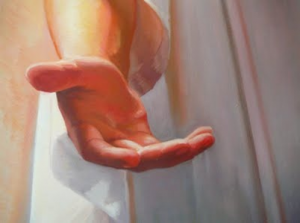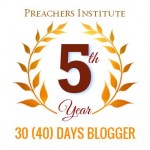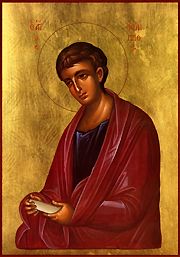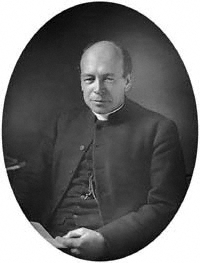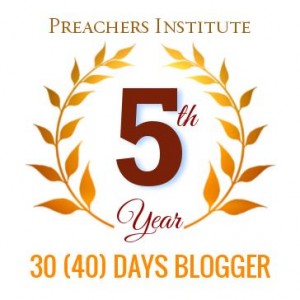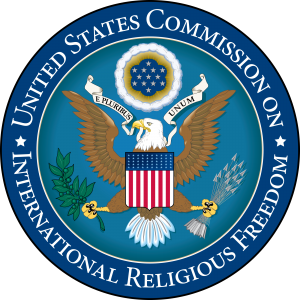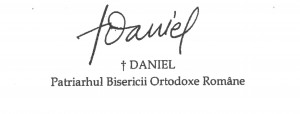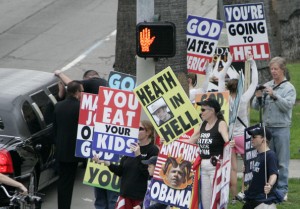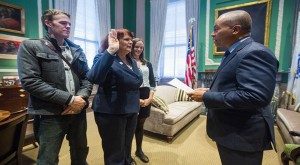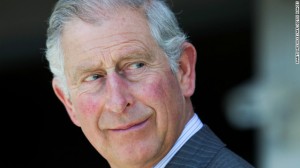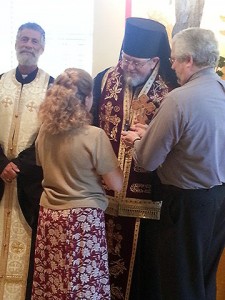With these three simple words, Come and see, Jesus called his Apostles to come and see what a life changing experience following Him would be. They set out on a journey that would change their lives in ways that they could not imagine. Simple fisherman, tax collectors and other men and women, followed Jesus as he raised the dead, healed the sick, chased out demons and they were with Him at the last supper.
These same three words apply to us as we begin the Nativity fast in preparation for the coming of the Christ child. We need to come and see, come and see that He has to offer us and how He can change our lives. It is not a change that takes place in an instant; it is gradual change that comes over time, time or prayer and time spent with Him.
Do not lose sight of what this season is about, it is not about parties and shopping, it is about your relationship with Jesus, which is the “reason for the season.” Parties and shopping have their place but they cannot be the central focus of this time that is set aside for our preparation.
It will be difficult to slow down during this period where the world wants us to be busy. The world wants us to stand in line to buy the latest thing that in six months or less, we will forget we even have it. The world wants our focus to be on the material things of life while the Church asks us to slow down, and bring the gift of ourselves and what we have to offer, and lay it at the feet of Christ.
We come to the manger like the Wise Men of old bearing gifts not of gold, frankincense, and myrrh, we coming bringing the only gift we have, ourselves, and we offer it to Him who gave His life for ours.
Come and see the beauty of the season. Come and listen to the hymns, not Sleigh ride, but the ancient hymns of the Church that will usher in the season. Come and see how you will be transformed if you just open yourself up to the process and allow God to work in you and through you. Come and see all that God has waiting for you.
I was at a recent conference focusing on the topic of church growth and evangelism. The presenter was talking about the numbers of Americans that do not attend church. We did not get into the reasons why they do not attend as that is immaterial what matters is that they do not attend. He mentioned that he read where 80% of those that do not attend church would attend if someone asked them, well I am asking you, dear readers, to come and see. Do not wait for the eve of the feast, come and see now!

